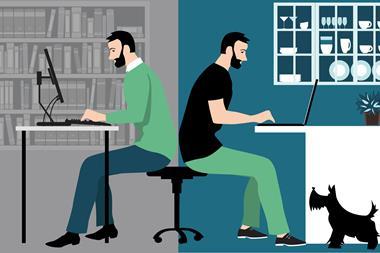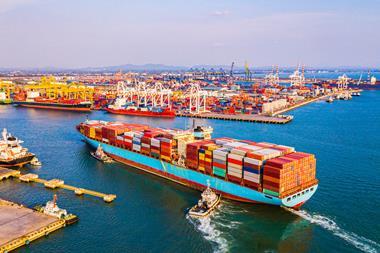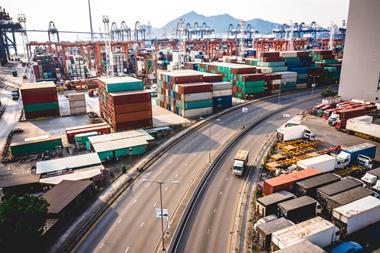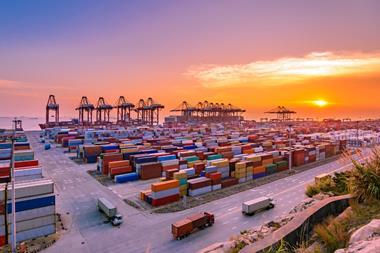Weak GDP for October shows how vulnerable UK economy is to fresh covid shock - Hargreaves Lansdown
The latest reading for the UK economy shows just how vulnerable the economy was to a fresh shock, with output in October growing by just 0.1%: weaker than expected. This is according to Hargreaves Lansdown.
The spread of the Omicron variant is set to be the body blow, it warns, sending the recovery reeling, while prices continue to climb.
It is expected the Bank of England will wait until early next year before raising borrowing costs, later than previously expected, as it gages the economic impact of the new variant.
According to Susannah Streeter, senior investment and markets analyst, Hargreaves Lansdown: ”Supply chain problems are eating into production, with manufacturing at a standstill, while construction and industrial output are sinking.
“The latest snapshot of the services sector shows it’s also more fragile than estimated, with the meagre 0.4% growth registered mainly down to face-to-face GP appointments resuming.”
The worse is yet to come, warns the financial services company, as the Plan B of masks, covid passes and the work from home order is likely to funnel more spending away from services to goods, doing little to ease inflation.
“After last year’s cancelled Christmas, another watered down celebration will be hard to stomach for the hospitality industry,” says Streeter. ”City centres were already struggling to regain pre-pandemic levels of footfall, and now it’s feared they will be deserted once again.”
“Although a rate rise can’t be completely ruled out next week, most bets are off that the Bank will push them up so soon, given this latest downbeat reading and the fact that the Omicron variant is still an unknown quantity in terms of the extra pressure it will put on the health service.”
”A rate rise in February is more likely to be on the table, as the inflation kettle is set to be whistling loudly by then,” concludes Streeter. “That is unless restrictions are ramped up dramatically, pushing the economy into an even tighter recovery position.’’




















No comments yet